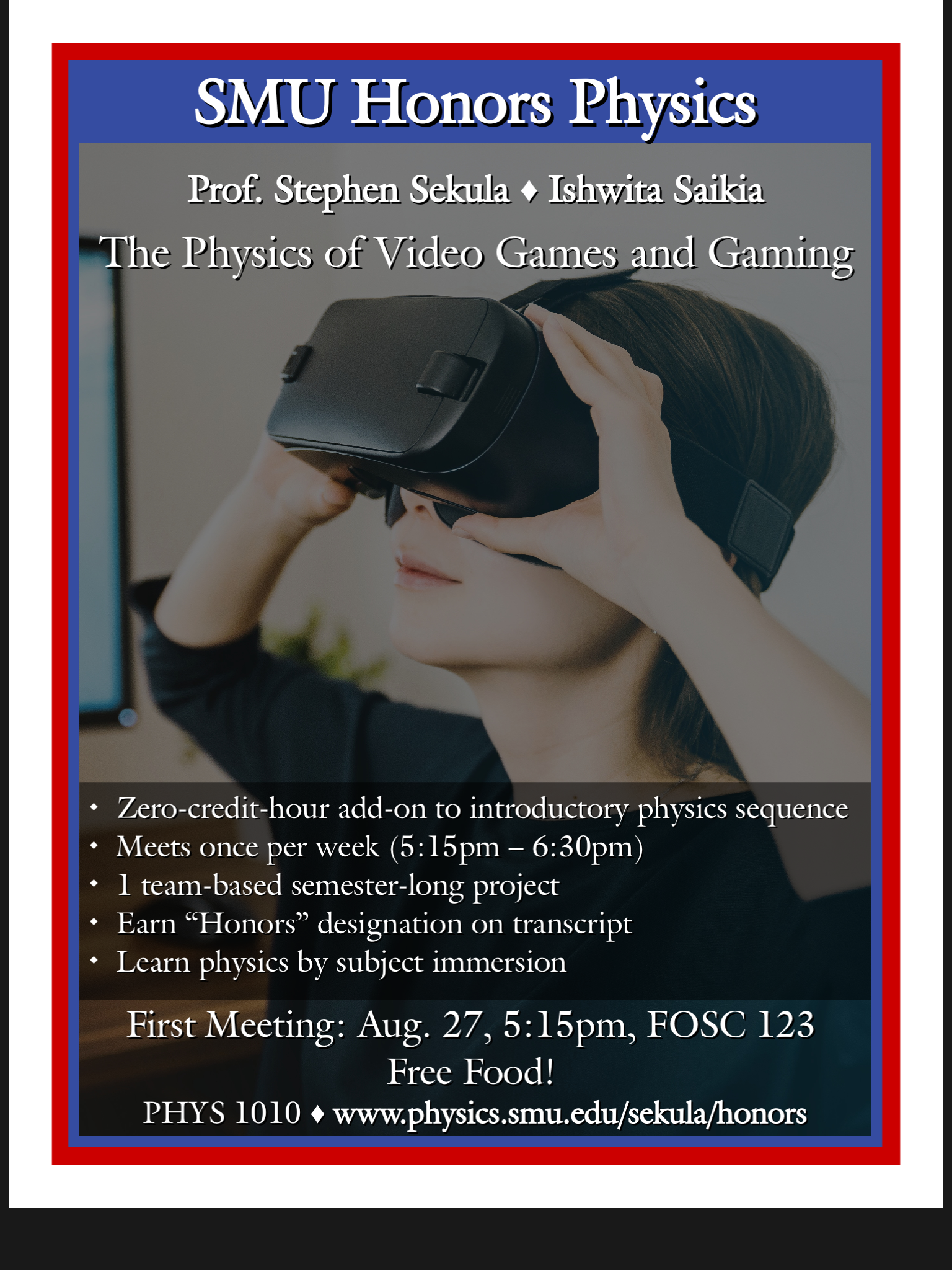The Royal Society is 345 years old, as of November 30. For the world’s oldest extant scientific society, this year is not as grand or glamorous as a nice round anniversary, like 350 or 400. However, this is the last year of the Royal Society under the Presidency of Lord May of Oxford. Lord May therefore gave not only the anniversary address, but his valedictory address. The title of his speech was “Threats to Tomorrows World”, and can (and should) be “viewed in a webcast”:http://www.royalsoc.ac.uk/page.asp?tip=1&id=3861. In addition, you can “read a press release from the Royal Society about this event, including quotations from the written version of his speech”:http://www.royalsoc.ac.uk/news.asp?id=3944.
The chance for me, a young physicist thousands of miles away, to watch this valedictory address was a moving and remarkable achievement. When I think about all the technological and scientific advances that our species had to make to achieve a high-quality, video reproduction of a speech by Lord May streamed across a tangle of fiber optics to my powerful laptop computer, I am stricken mute by the realization that I stand on the shoulders of enlightened giants. Not mute enough, however, to avoid squeaking out a few words on my reaction to Lord May’s address.
The central themes of May’s address were framed in a modern mystery in the biological theory of evolution. This problem, which involves understanding cooperation, was then used to highlight the three issues central to his talk: climate change, biodiversity, and disease. Beginning with a description of “marmot”:http://dictionary.reference.com/search?r=2&q=marmot behavior, Lord May spoke of the mystery of cooperation. It is in the best interest of a single individual in a marmot society, when threatened, to raise the alarm. While this requires an expenditure of energy above and beyond normal life processes, the cost incurred pales by comparison to the benefit obtained from the response of the collective. However, the problem of cooperation is the cheater. Single individuals will realize that they can reap the benefits without themselves ever contributing to the response, merely by raising the alarm. The evolutionary benefit of the positive feedback mechanism is clear to evolutionists, but the existence of cheating (which serves to destabilize the society and threaten the species) is not well understood.
Lord May then spoke about three major problems facing our species. When discussing climate change and biodiversity, Lord May made several observations about the United States. First, he commented on the very thing which I noted the other day: it is odd that the U.S.’s chief negotiator on climate change, who is charged by this nation to address this problem, expends so much energy trying to demonstrate the non-existence of the problem [TAOMPH197]. For my own tastes, Lord May had the answer: this man is a lawyer, not a scientist. Why, Lord May asked, would the United States place a lawyer and **not** a scientist in this role when the science so clearly tells us to *act now*? To paraphrase Lord May, “If you want to defend the indefensible, you hire a lawyer.” In the wider view of this problem of cooperation in terms of evolution and society, the U.S. is the cheater, raising the alarm but making other nations solve the problem. As Lord May noted, while other nations solve the problem for themselves if all nations do not contribute to the solution equitably, all will suffer.
The second observation he made came at the end of his speech, when he addressed the Royal Society and its role as a product of the Enlightenment. It was the Enlightenment, he said, which freed us from authoritarian dictation of the reality of everyday life (e.g. heavy object fall faster than light ones) and gave us the means to address questions of the natural world with direct and personal experimentation. This freedom, echoed in the U.S.’s founding documents as the rights to pursue life, liberty, and happiness, defines modern science. It is the process, the querying coupled with the experiment coupled with the conclusion, that has allowed us to expend energy beyond our own biological capacities to solve ever more difficult problems, including the ones we created.
What Lord May was concerned by is the fact that here in the U.S., the “canonical exemplar of the Enlightenment”, we see the rising tide of pre-Enlightenment fundamentalism threatening to drown all the progress that science, by its definition, allows us to make in the natural world. This fundamentalism, guised in many ways, intends in its own documentation to set aside science and replace it with a faith-informed science, one that blends belief with science. In short, this fundamentalism threatens to take the West back to a time when authoritarian systems dictated reality, rather than observations of the real world.
Lord May noted, perhaps with irony in his words, that while this very dangerous Christian fundamentalism threatens the very Enlightenment principles that made us so successful, we rail as a nation again Eastern fundamentalism. The whole idealogical concept of a “war on terror” is predicated on the assumption that it is critical to eliminate radical Eastern fundamentalism, to save both the East and the West. But while we fire our ideology over an ocean and several seas to save the Middle East, we also turn the guns of ideology inward and crumble the foundations of our very nation. Certainly, if there was irony intended in Lord May’s words, I appreciated it.
Lord May at one point noted in his speech that the lesson of the Enlightenment, if one had to reduce it to a sound-bite, is that an ugly fact trumps a beautiful theory or a comfortable belief. As he closed, he called on the Society, and all scientists, not to let the world retreat from complexity by embracing the dark simplicities of fundamentalism.
.. [TAOMPH197] http://steve.cooleysekula.net/blog/?p=701



